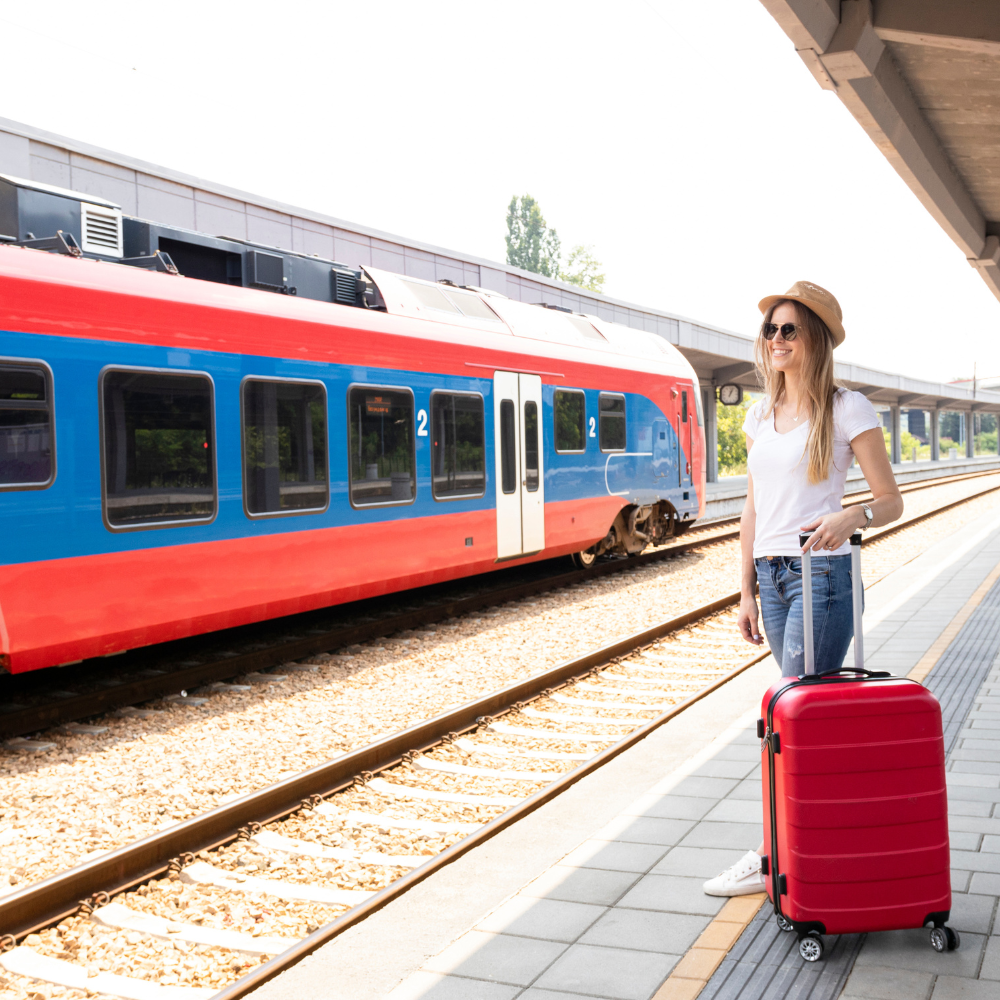Rail fares in England to increase next year
Next year, regulated train fares in England will see a 4.6% increase, and the price of most railcards will go up by £5, the government announced. While the Chancellor’s Budget speech to the House of Commons on Wednesday didn’t touch on fare changes, details were revealed in the Treasury’s budget document. The fare hike, set to take effect on March 2, 2025, is part of broader budget measures aimed at balancing public finances and boosting investment in key areas like education and healthcare.
In a wider Budget move, Chancellor Rachel Reeves laid out tax increases totaling £40 billion, promising substantial additional spending on schools and the NHS. The fare increase affects approximately 45% of regulated fares, primarily covering England, as fares in Wales and Scotland follow separate guidelines. Regulated fares, such as season tickets on major commuter routes, off-peak returns on longer journeys, and flexible tickets in urban areas, fall under government pricing controls. For unregulated fares, which are set independently by train operators, prices usually rise in tandem with regulated fare adjustments.
The Treasury stated that the fare increase for 2025 is one percentage point higher than July’s Retail Prices Index (RPI) inflation rate. This marks the lowest absolute increase in three years, according to the government. Additionally, railcards, which typically cost around £30 annually and offer discounts for various groups, will see a £5 price rise, subject to an industry review. The government also confirmed that Disabled Persons Railcard holders will be exempt from this increase, with average railcard holders saving up to £158 per year.
While the government defended the fare hikes, some advocacy groups expressed opposition. The Campaign for Better Transport criticized the price increase on rail fares and railcards as a setback for those who rely on public transport, particularly lower-income individuals. The group argued that freezing fuel duty while allowing rail costs to rise sends a mixed message in addressing climate concerns. They emphasized that making public transport more attractive and affordable is essential to tackling air pollution, congestion, and climate change.
Rail Partners, representing private rail companies, voiced concerns about the potential impact on passenger numbers. CEO Andy Bagnall emphasized that boosting train usage is vital for both economic and environmental sustainability, stating that fares should be set at levels that encourage more people to choose train travel in the future.
Other key measures in the Budget included a raise in the basic rate of capital gains tax, an increase in National Insurance contributions for businesses, and an adjustment to the single bus fare cap, now set to rise from £2 to £3. Reeves announced an increase in the minimum wage and extended a 5p reduction in fuel duty for another year. Funding for rail infrastructure was also a priority, including new financing for the HS2 project connecting to London’s Euston station.
Reacting to the Budget, Conservative leader Rishi Sunak criticized the proposed tax increases, asserting that taxes will reach unprecedented levels under the current Labour government. He rejected claims that Labour inherited a difficult financial situation, countering Reeves’s remarks about a £22 billion deficit attributed to previous Conservative leadership.









